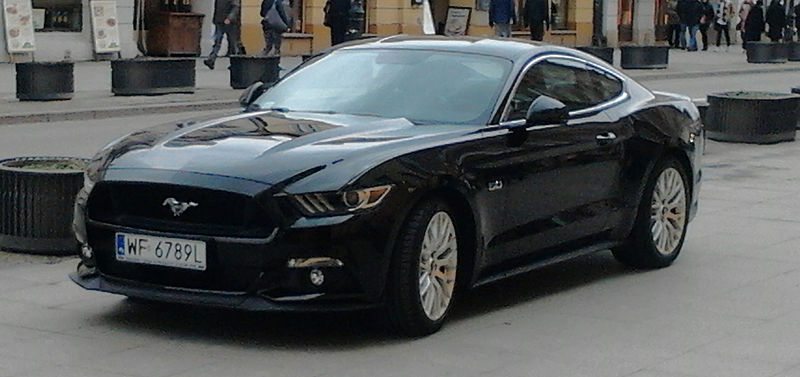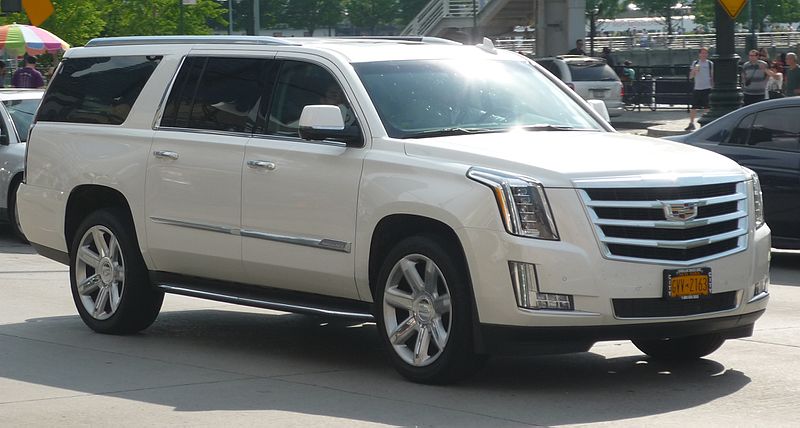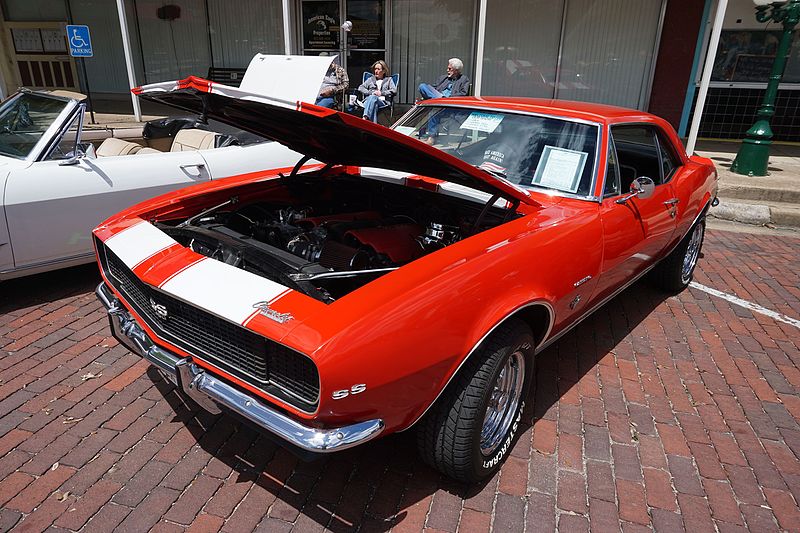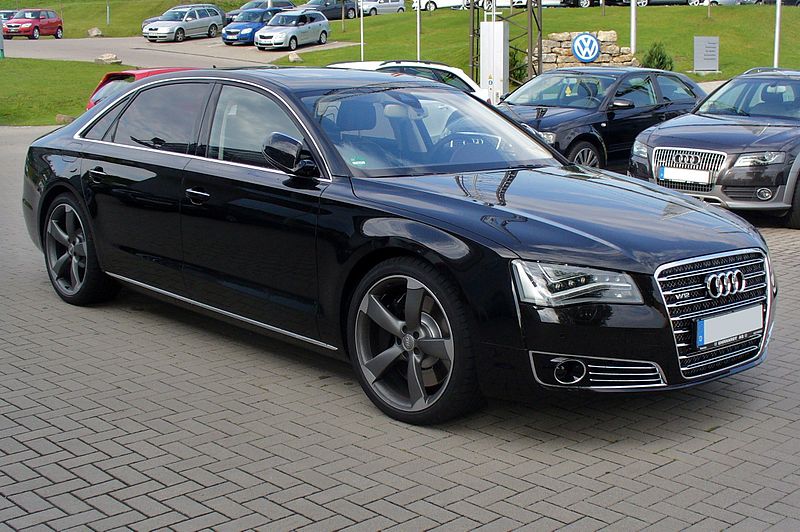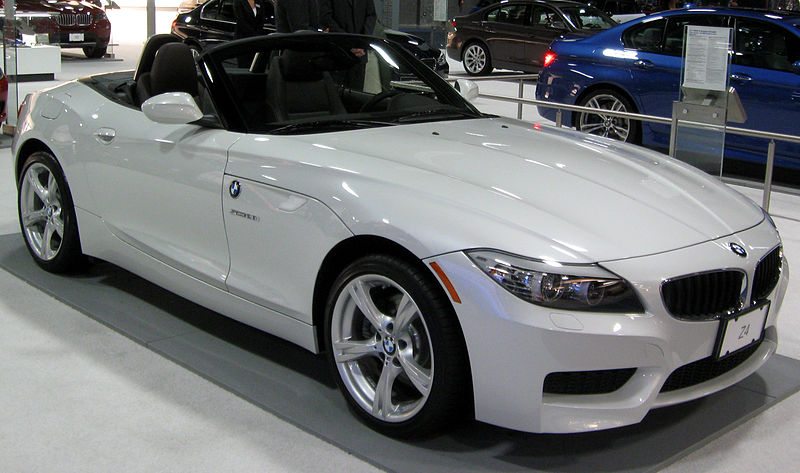There are lots of ways the American culture views the purchases made by a person going through a "midlife crisis."
One of the most popular of these storied purchases is a vehicle. I am sure you've heard the story where "midlife crisis" results in a person's ownership of a fast, 2-door convertible. But what is a "midlife crisis," and which vehicles really fit the bill of this over-the-hill occurrence?
We'll try to explore reasons to why your 47-year-old (give or take five to ten) buddy bought an Escalade last summer.
1. Ford Mustang
The Mustang screams the "old days" for baby boomers. If a man or woman purchases one, thoughts of re-living the past, or making up for lost time may enter in to the conversation.
It's a classic car in the American imagination, and the new models build on the idea of the American muscle of the past. Maybe a person facing a midlife crisis just likes history, or wants to speed down the highway.
2. Cadillac Escalade
The purchase of an Escalade is possibly about meeting the American Dream. It can be thought of as a way in which the accused affirms the shaky goals they set in the past.
The Escalade escalates their story of their own historical journey to one entitled: "Mission accomplished."
3. Chevy Camaro
Maybe this is just the Chevy brand loyalists' Mustang.
4. Audi A8
The Audi buyer's stereotype consists of a person chasing global luxury. Maybe it's about the goal of becoming a global connoisseur or being of world-class refinement upon the entrance into old age.
This person may have wanted to explore the world and immerse themselves in another culture. An A8 speaks to those whom love modernity and elegance.
5. BMW Z-4
The purchase of this sporty roadster has more to do with style. Maybe the buyer considered themselves conservative in terms of finances their entire life, and wanted to purchase a car of luxury and sport.
Honorable mentions: Ferrari Testarossa, Porche 911, Maserati, Mercedes SL 550, Dodge Charger.
More thoughts
The term midlife crisis was originally penned by psychologist/psychoanalyst Elliot Jacques in 1965, as a phrase describing a "transition of identity or self-confidence" occurring in men of middle-age (typically 45-65). He stated it was a psychological disorder which was experienced in that age frame, because the inevitability of death began to creep into one's imagination and they realized they only had a "short" time left on earth.
While this theory has been critiqued heavily since its inception, American culture liberally utilizes the term despite its absence from scholarly psychology.
Since the mid-life crisis is cultural and historical, its meaning shifts based on context. Thus one of the most important ways to see how the midlife crisis is viewed in our time is by examining the purchases of the accused person. Hence, buying a Mustang.
The "midlife crisis" may be a mythological construct, but feeling the pressure of considering oneself "over-the-hill" may convince a person to purchase a vehicle in order to re-live the past or show their success.
Most likely, it is the case that they feel the "midlife crisis" because it is ingrained in cultural narratives, even if the term no longer is endorsed by psychologist. But culture is real.
Do people experience a real "midlife crisis?" And when they do, will they buy one of these cars? We think so.
Read More: THE JEEP WRANGLER THAT WOULDN'T STAY CLEAN

